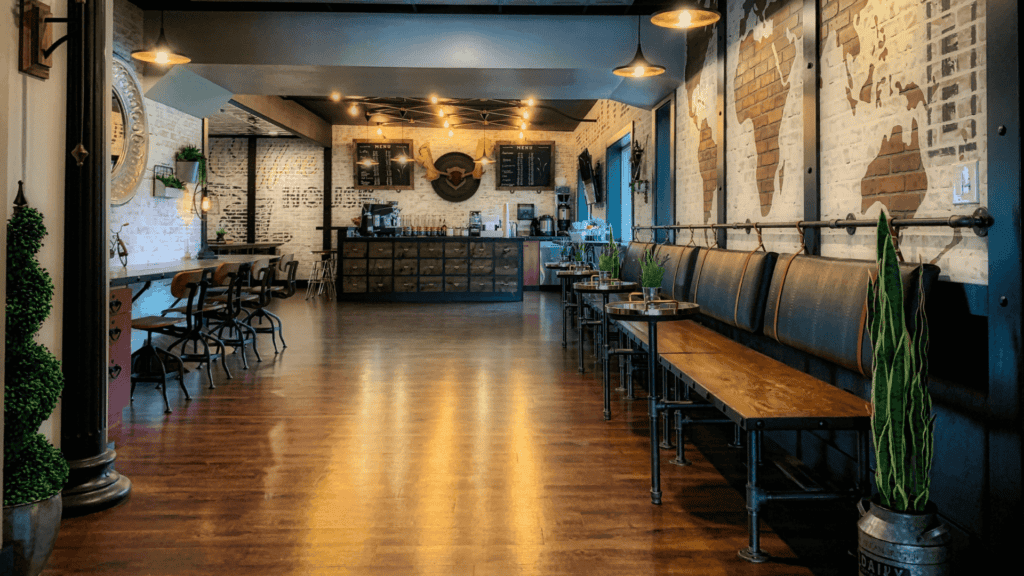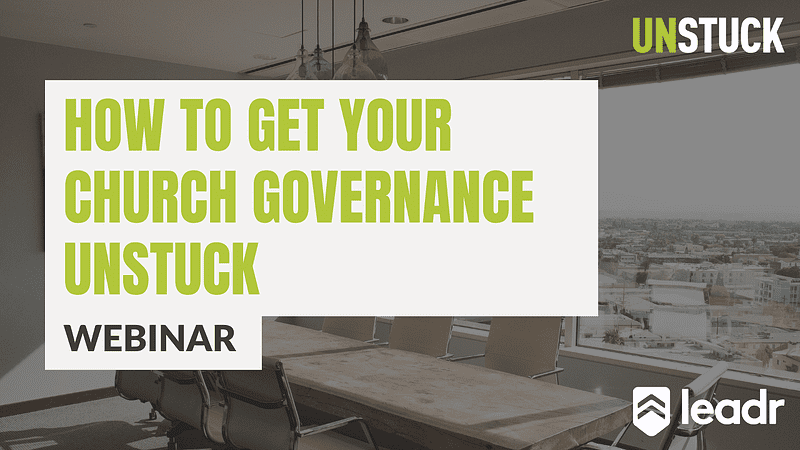Imagine this — You’ve grown a church holding multiple services in a leased space. You’re approaching the end of your lease, so you launch a capital campaign, cast vision and search out a permanent facility. You find a deal on a 32,000 sq ft. building in an area that would greatly benefit from a church. The church is excited about the ministry potential in the area. You are ready to make the transaction.
And then, the city puts an obstacle in your way: zoning restrictions. What would you do?
This is the situation in which Pastor Phil Chorlian and The North Jersey Vineyard Church currently find themselves. I caught up with Phil to find out how he and his church are handling a head-to-head with the city government.
TONY: Give me an overview of the legal issues your church is dealing with.
PHIL: The North Jersey Vineyard Church is located right outside of NYC in an area that is very expensive to do ministry. As our 10-year lease was winding down we had a Capital Stewardship Campaign with the hopes of purchasing a church home when our lease expired.
During our capital campaign we achieved our financial goals and found a building we thought would be a great fit. This building was very close to our current facility, so we were excited that we’d be able to continue to serve the poorer part of our county through ministries like free ESL classes and rebuilding trailer homes that were damaged during Hurricane Sandy.
We needed a zoning variance to complete the purchase of this building so we could use it as a church. These variances are very hard to get because towns do not want any money coming off of the tax rolls. After multiple meetings with the town’s Zoning Board, we were denied the zoning variance and couldn’t complete the purchase of the building.
TONY: How were they able to do that?
PHIL: In order to deny us, the board had to make the case that approving our request would be harmful to the community. I testified about the ways our church serves the community with ministries for children, teens and families; a food pantry; free ESL classes; and construction projects in low income neighborhoods. But this did not seem to make an impact on them (even though the building we wanted to buy was right across the street from an hourly rate motel and around the corner from a strip club–not exactly a pristine neighborhood.)
The stated reason the board denied our request was that they thought the size of our church would cause traffic problems in the town, but this building has a large parking lot that would completely meet our needs and was located right next to a major highway. In anticipation of this concern we supplied a detailed traffic report showing that having a church in this space would result in less traffic to this area than other uses like a gym, large office or retail stores. They didn’t submit their own traffic report, and they simply ignored ours.
After our denial I had to do a few things. First, I had to renew our lease for 5 years so the church wouldn’t become homeless. I also found an attorney who is an expert on RLUIPA law. This stands for the “Religious Land Use and Institutionalized Persons Act” and was passed unanimously by Congress in 2000 to protect churches from unfair zoning practices. Our attorney is 50-0 in cases like this, and he feels that we have a very strong case against the town.
I also talked with someone from the United States Justice Department. After he reviewed the facts, he also believes that our religious rights were violated by this town and is interested in helping us in our lawsuit against the town.
TONY: How has your team and your congregation handled all of this?
PHIL: It’s been a rollercoaster ride. Initially we were hoping our lawsuit would force the town to give us the zoning variance so we could complete the purchase of the building, but shortly after we were denied the building was sold to a commercial developer. We wrestled with the question of whether or not we should go through with this lawsuit since the building is now off the table. We ultimately decided that we have a moral obligation to stand up not only for our church, but for all the churches that are facing this kind of discrimination.
“Municipalities cannot arbitrarily and capriciously ignore the law, and yet they do this to churches all over the country.”
We had a members meeting recently where we laid everything out on the table about this case and there was overwhelming support from the congregation that we should go forward with this lawsuit. We don’t want to have an acrimonious relationship with the town; we want to serve and bless the town. Unfortunately, the actions of this particular town left us no choice but to move forward in this way. I was relieved that the church members were able to see this.
TONY: What advice do you have for pastors who find themselves in similar situations?
PHIL: We’ve learned a ton, and I have a few points I’d definitely recommend.
- If you aim to purchase a property currently on the tax rolls, expect a fight. They can’t say it’s about the taxes–that would be illegal–but usually that is the reason behind their opposition.
- If you think your rights have been violated, talk with the Justice Dept. They were surprisingly very interested in our situation.
- Find other pastors and churches that have been through this, don’t feel like you have to figure it out for yourself. This kind of thing is going on all over the country.






